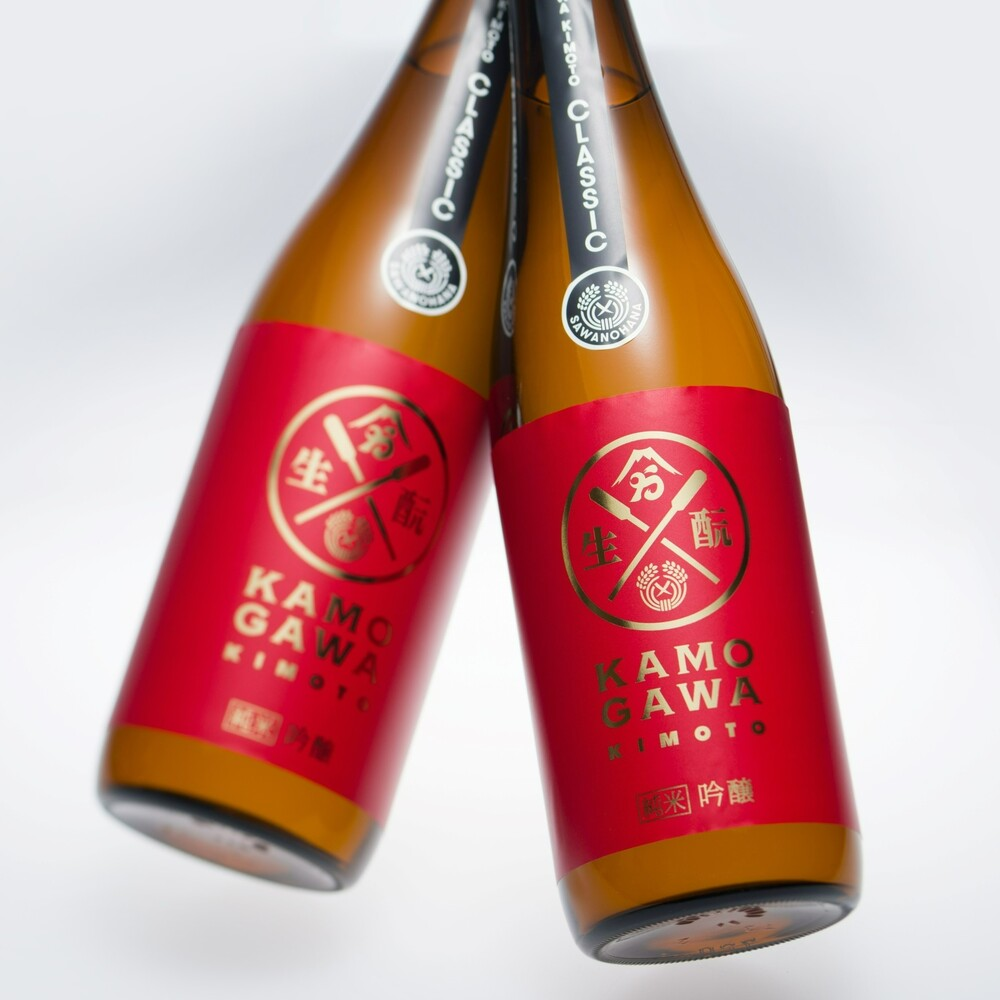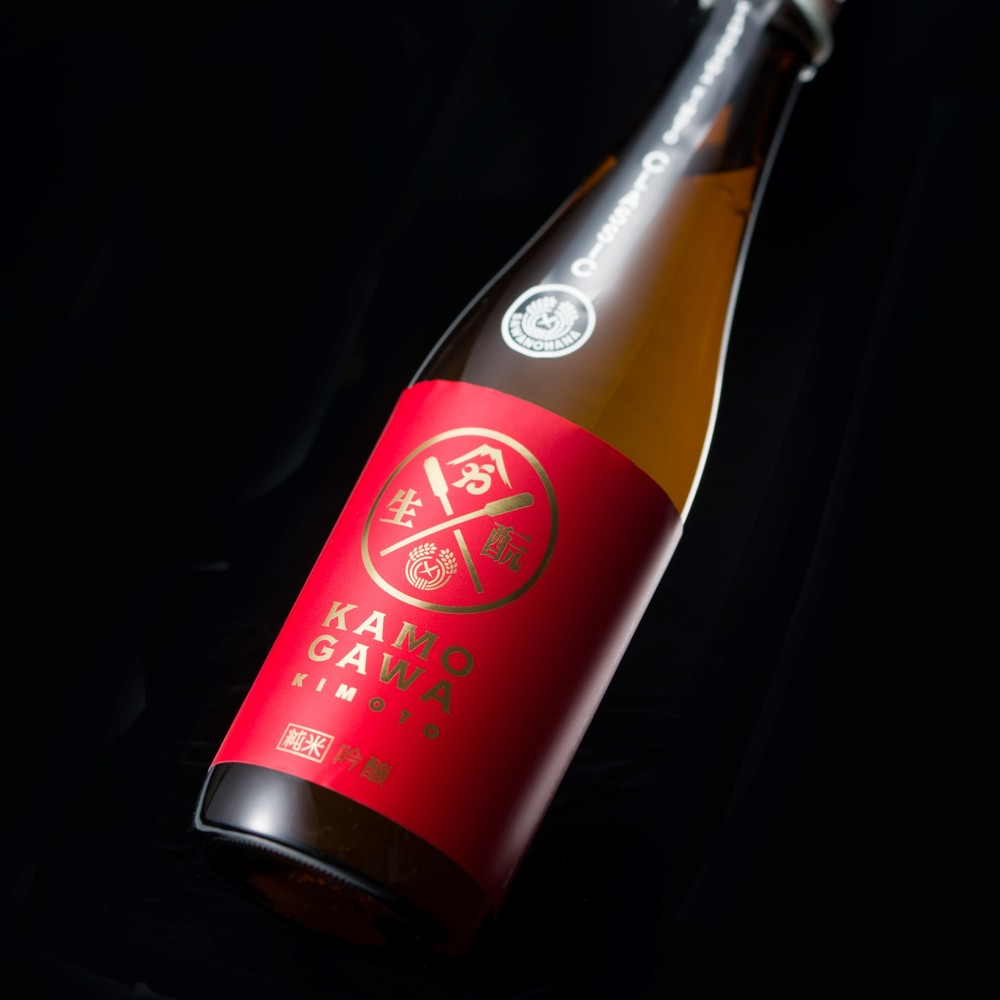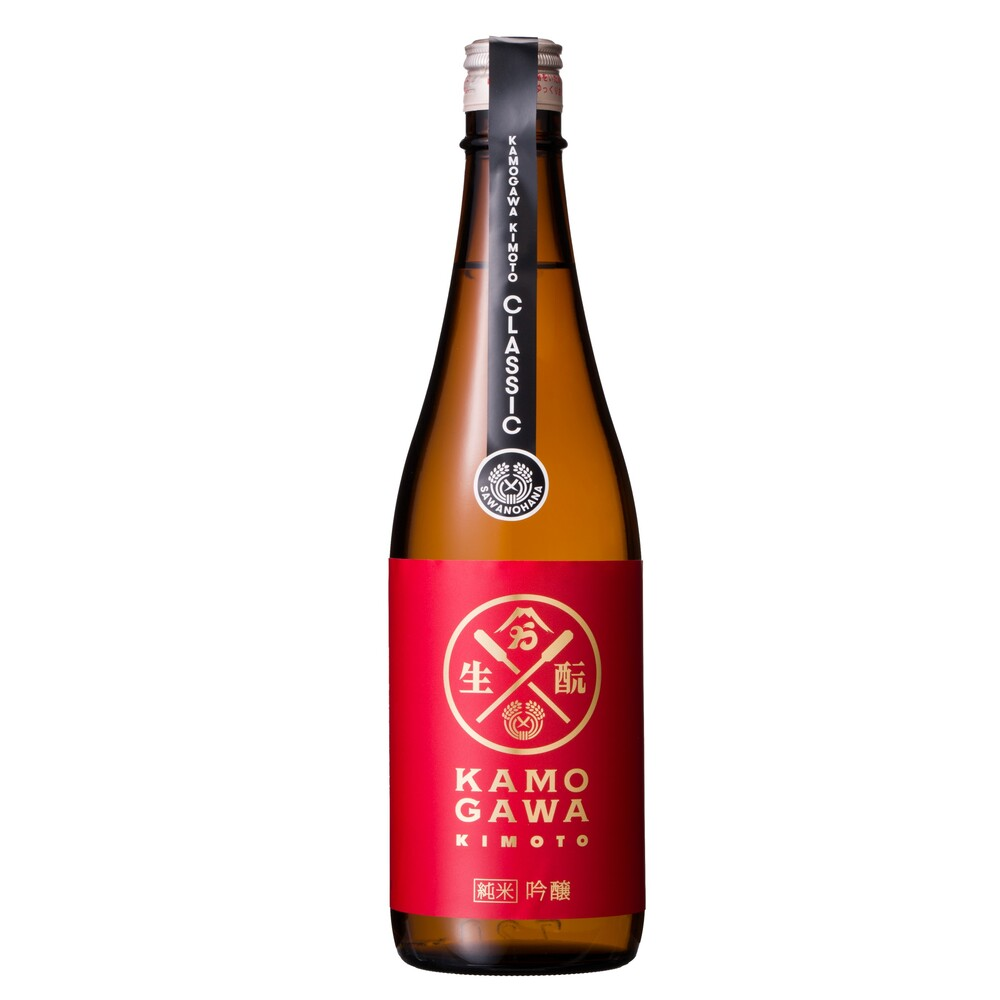-
 >
>
- Product list >
- Kamogawa Kimoto Classic Sawanohana Junmai-daiginjo (720ml)
Kamogawa Kimoto Classic Sawanohana Junmai-daiginjo (720ml)
詳しく見る
- *All prices shown are the product prices from the Japanpage:.
- *Product price can be shown in multiple currencies as reference values.
- *Payment should be made in Japanese yen.
- *After filling in delivery address, grand total (product price + shipping cost (packing + shipping + insurance) +tariffs & taxes) will be shown on the shipping cart page.
- *All prices shown are the product prices from the Japanpage:.
- *Product price can be shown in multiple currencies as reference values.
- *Payment should be made in Japanese yen.
- *After filling in delivery address, grand total (product price + shipping cost (packing + shipping + insurance) +tariffs & taxes) will be shown on the shipping cart page.
Sawanohana, a rare variety of rice that is grown only in Yamagata, has been polished to a rice polishing ration of 50%. The sake is brewed using the traditional Kimoto method to create Kamogawa Kimoto Classic Sawanohana Junmai-daiginjo. Although Sawanohana is generally grown for food consumption, not for sake brewing, it is used to brew this sake because it is “delicious to eat, and also delicious to drink.” Locally grown rice; cool, clear water from snowmelt; and even the bacteria in the brewery that are indispensable for Kimoto-method brewing, all come together to create the terroir that is the distinctive character of this land. This sake is not colorless and transparent, but is viscous, with a light, yellowish hue. It has an aroma that is unique to Kimoto-method brewing, one that is reminiscent of products containing lactic acid, such as yogurt and cheese. Take a sip, and you will sense its smooth acidity accompanied by a sweetness. Finished to have a robust, spirited taste, this sake can happily be paired with rich-tasting dishes such as Chinese food or meat with rich sauces, or dishes that are quite sour. It can be drunk either chilled or prepared lukewarm to enjoy a more rounded and rich rice flavor. This is a junmai-daiginjo with a deeply nostalgic quality that accommodates flavors full of personality.
About the Kamogawa Kimoto Classic brand
Kamogawa Kimoto Classic is a brand that is conscious of the terroir of Yamagata, a part of Japan known as the “kingdom of ginjo.” It is also committed to following the Kimoto method of sake production, a traditional method that invests much time and effort into the yeast mash. This sake is distinctive for having a mild acidity and offering a full rice flavor, qualities that are unique to sake produced according to the Kimoto method.
Recommended temperature
- Atsukan (50 - 55℃)
- Jokan (45 - 50℃)
- Nurukan (30 - 40℃)
- Room temperature (15 - 20℃)
- Hanabie (10℃)
- Yukibie (5℃)
Type


Tag
Appearance
-
Clarity
Transparency
Hazy
-
Colour
Colorless
Dark brown
-
Intensity
Water
Deep
Nose characteristics
-
Intensity
Low
Strong
Taste characteristics
-
Light / Body
Light
Body
-
Sweet / Dry
Sweet
Dry
-
Simple / Complexity
Simple
Complexity
-
Acidity
Low
High
-
Umami
Low
High
-
Finish
Low finish
Long finish
Aroma and flavor
Detailed information
| Volume | 720ml |
|---|---|
| Size (L W H) | 7.5 x 7.5 x 29.0 cm |
| Weight | 1.2kg |
| Ingredients | Rice, Rice koji, Water |
| Region | Yamagata |
| Alcohol content | 16%vol. |
|
Sake Meter Value
|
-7 |
|
Acid level
|
1.9 |
|
Polishing ratio
|
50% |









